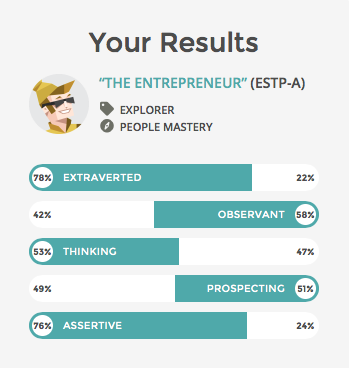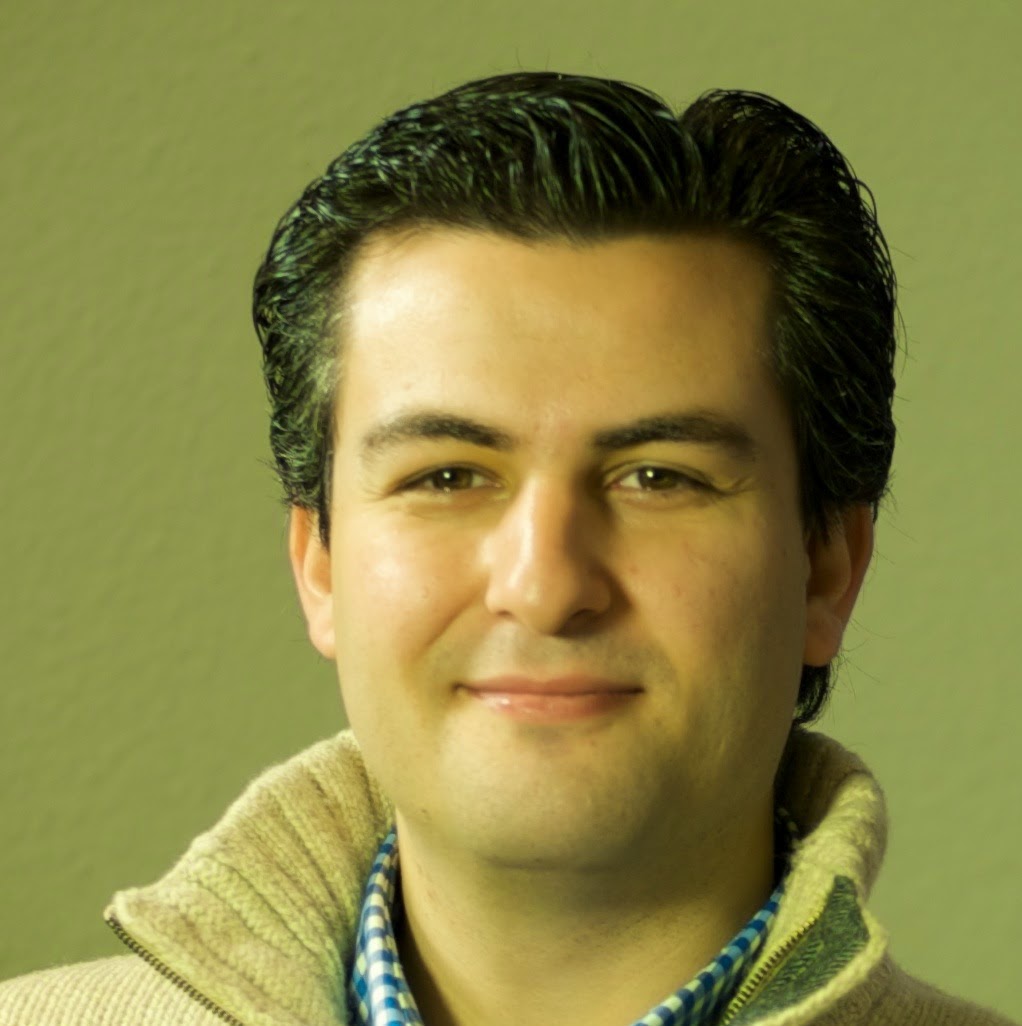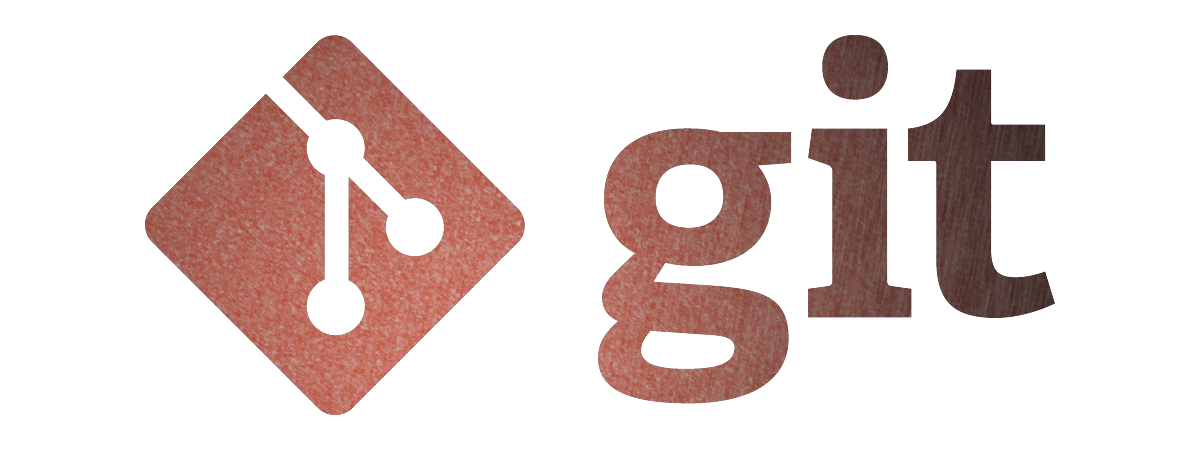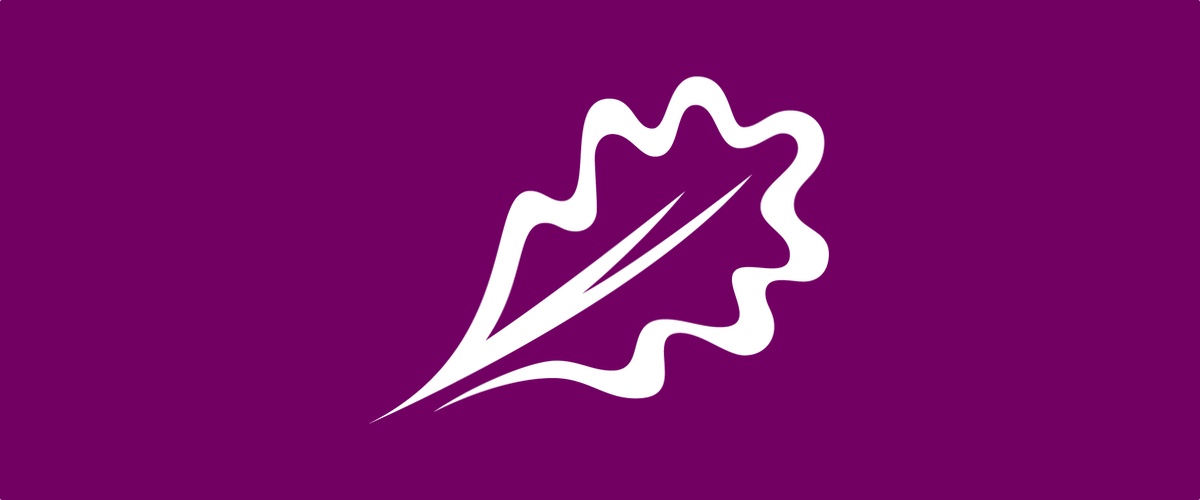Not long ago, while I was taking a course in Finland, they asked us to take a personality test online called 16 personalities. It wasn’t nothing really official or for much purpose of scrutinize us, but just to know ourselves a little bit more and we can work our strengths and weakness. To my surprise, the test told me that I have an entrepreneurial personality. I never thought about myself in that regard, and in the beginning I thought that it was a lot of bulls**t, like most the so-call psychological test. However, after reading more or less thoroughly over the description I found that I have a lot in common with an entrepreneurial personality. Or at least, my subconscious persona wants to be an entrepreneur.
After all, who don’t want to be an entrepreneur these days and start dozen and dozen of companies? be in command, executive and decided? produce something new and exciting everyday, fill with technology with all the bells and whistles? Be part of that breed of people always in the verge of society… When we think in entrepreneurs it comes to our mind people like, Steve Jobs, Sergey Bin and Larry Page, Henry Ford, and dozen of other people that begin to build something in their house’s —or parent’s— garage.
It’s funny, because I just finish reading Rework and Remote, where the authors talk about the term entrepreneur as “an outdated and loaded with baggage” one. Some kind of a “members-only club”. They argue that there are a lot of people out there starting new business, who aren’t calling themselves entrepreneurs because they are just doing what they love. So they advocate for a new term… let’s just call them starters. And I kind of agree with them that the term entrepreneur is a term stale and overused, which a lot of people use with pride trying distance from others. Like if they had some kind of pedigree. Something I don’t like at all.
But let’s return to the personality test, as they explain in the Our Theory / Our Framework section of the web, they are using the Myers—Briggs Type Indicator —which is an evolution of Carl Jung’s Phycological Types— with the addition of the Big Five personality traits model as an analytical base. They also, of course, add algorithms, models and theories from their own vintage. I’m not a psychologist, a sociologist, or any of the sort, so I can’t, by any means, build an educated critic or something similar. I just can tell you that while reading the profile I was indeed feeling that some parts were related to me, or described myself in some way, but in others it was totally not. Also, I noticed, that while not totally true or untrue, some of the descriptions were appealing, in the sense that if I’m not like that, I would like to be.

If you check the introduction of my profile, they say that I’m an entrepreneur with a role of an explorer and with a strategy of people mastery. It’s funny because I’ve always considered myself an explorer, I always enjoy wondering, and wandering, discovering new places and new people and trying new things. In fact, lately I’m consider the word try by favorite word. Perhaps for that reason I’ve always loved maps —they help you reach new places and imagine. However, I never considered myself a social person or people master. When I was a child I was always really shy, buy my mother always encourage talk to people and be myself. She, on the other hand, has been always a really sociable person and really outspoken, even when she was a child. Perhaps, that is something I have inside of me.
They also consider that I’m have a 78% extraverted, 58% observant, 58% thinking, 51% prospecting and 76% assertive personality. As you see, I only have two trails really clearly sided, while in the other three I’m quite balance. These should be translated as that I’m clearly extraverted, so “I usually prefer to be group activities”, and clearly assertive, in other words, I’m self-assured, even-tempered and resistant to stress, and I usually don’t worry too much, but I don’t puss myself too much when I have to archive goals. Both of those trails are true or at least I feel they are true.
In relation to the other three. I’m mostly observant (58%), which means I’m really practical, pragmatical and down-to-earch person, focussing in what is happening or has happened. Yet, since I’m not clearly observant I’m also somehow an intuitive (42%) person really interested in ideas and novelty. I’m mainly a thinking individual (53%), in other words, I focus on objectivity and rationality, prioritizing logic over emotions. However, I’m also a feeling being (47%) and I listen to my feelings and like to share with others, preferring cooperation over competition. Finally, I’m a prospecting person (52%) so I’m good at improvising and spotting opportunities, tending to be a flexible, relaxed nonconformists person who prefer keep my options open. Nevertheless, it also means I have a judging (49%) personality and in consequence I’m good planner, like clarity and I have a strong work ethic.
Of course things are a little bit more complicated than that and I plan to explain then a little bit further in the following days in a couple of posts. Why? Because I’ve always believed that openness, sharing who you are with others and be ready for assessment, make you always a better person. I’m always ready to upgrade to a better version of myself and I believe that I’m always doing so. I think it could feel into the definition of Peter Senge, Personal Mastery
-
Personal Mastery is define by Senge as: the discipline of continually clarifying and deepening our personal vision, of focusing our energies, of developing patience, and of seeing reality objectively. From The Fifth Discipline. ↩




Leave a comment